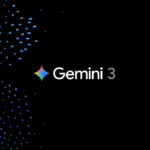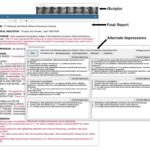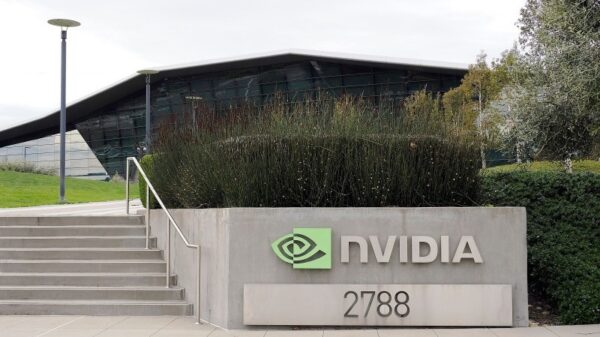Meta Platforms is advancing its presence in artificial intelligence with the introduction of ‘Project Luna,’ a new feature aimed at delivering personalized daily briefings to Facebook users. This initiative is part of Meta’s broader strategy to enhance its AI capabilities and compete with established players such as ChatGPT and Google. Despite facing internal restructuring, including leadership changes and layoffs, Meta reported a robust financial performance in Q3, showcasing a 26% year-over-year revenue increase while anticipating further growth in the upcoming quarter. The company’s commitment to AI investment has sparked mixed reactions among investors, but analysts maintain a strong buy consensus, projecting a 41% upside potential for the stock.
Key Features
‘Project Luna’ is designed to provide users with tailored daily briefings, effectively personalizing the information delivered to each Facebook user. This feature aims to enhance user engagement by curating content that aligns more closely with individual preferences. By integrating AI into its platform, Meta strives to offer a more relevant and user-centered experience, distinguishing its services in a competitive landscape.
How the Tool Works
While exact operational details for ‘Project Luna’ were not disclosed, the feature likely employs advanced algorithms and machine learning techniques to analyze user behavior and preference data. By leveraging existing user interactions and feedback, the AI can curate content and summarize relevant information, ultimately delivering personalized briefings. This approach reflects a broader trend in AI where personalization is key to enhancing user engagement and satisfaction.
Use Cases and Who It’s For
The primary beneficiaries of ‘Project Luna’ are Facebook users looking for a more tailored social media experience. With the increasing volume of information available online, users often find it challenging to filter content that matters most to them. Personalized daily briefings can significantly streamline content consumption, making it easier for users to stay informed about topics that interest them. Additionally, businesses and marketers may leverage this feature to reach targeted audiences more effectively, as personalized content is more likely to capture attention and drive engagement.
Limitations or Risks
Although the source did not specify limitations, common concerns associated with AI-driven personalization tools include potential privacy issues and the accuracy of the content delivered. Users may be wary of how their data is utilized, and there is always a risk that the AI may not fully capture user preferences, leading to irrelevant content being presented.
Industry Context
‘Project Luna’ fits within a broader context of increasing reliance on artificial intelligence across various sectors, particularly in social media and content delivery. The integration of AI technologies is becoming essential for companies aiming to enhance user engagement through personalized experiences. With the rise of large language models (LLMs) and advancements in machine learning, tools that provide personalized insights and recommendations are gaining traction. This trend not only improves user experience but also represents a strategic move for companies like Meta to maintain competitiveness in a rapidly evolving digital landscape.
 Apple Mandates Clear Disclosure on Third-Party AI Data Usage in App Store Guidelines
Apple Mandates Clear Disclosure on Third-Party AI Data Usage in App Store Guidelines Roper Technologies Appoints Shane Luke as AI SVP to Boost Long-Term Growth Strategy
Roper Technologies Appoints Shane Luke as AI SVP to Boost Long-Term Growth Strategy OpenAI Launches Gemini 3 with Generative Interfaces and Enhanced Shopping Features
OpenAI Launches Gemini 3 with Generative Interfaces and Enhanced Shopping Features Google Launches Gemini 3 and Notebook LM to Revolutionize Marketing Strategies
Google Launches Gemini 3 and Notebook LM to Revolutionize Marketing Strategies Scriptor Software Upgrades rScriptor, Boosts Radiology AI Impressions with User Control
Scriptor Software Upgrades rScriptor, Boosts Radiology AI Impressions with User Control


































































